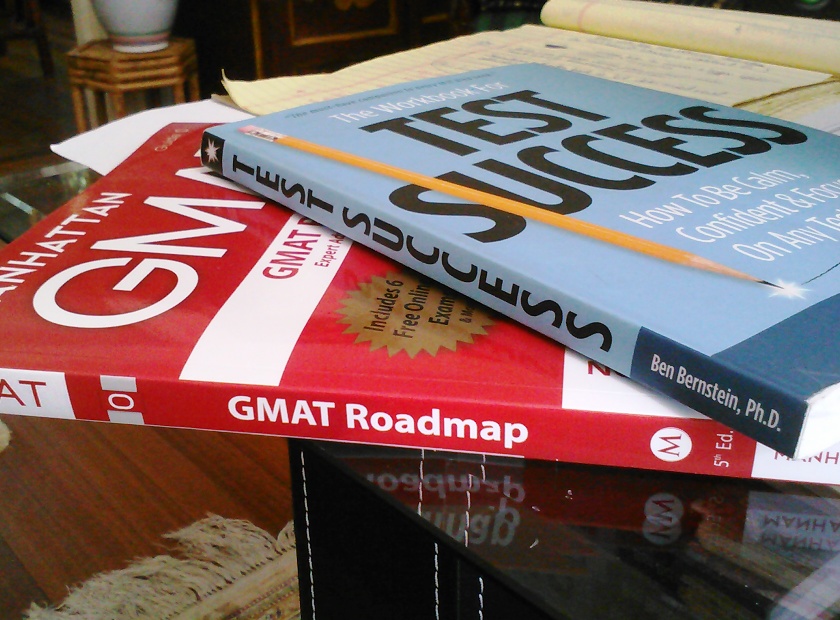Do I Have to Work at Goldman Sachs to Get Into Business School?
To get into one of the best business schools in the world, most people I talk to worry that their work experience isn’t good enough. Even those who have worked for the top names in
their industries: Goldman, McKinsey, Morgan Stanley, or Bain Capital, worry that they would do better to have experience from a completely different firm such as Facebook, Google, or Wired magazine’s newest darling. (Tumblr? Waze? Hulu?).
What if you’ve worked for a company that is not a household word? Will that keep you from getting into Harvard, Stanford, or Wharton?
The answer is, of course not.
Small Companies, but Brand-Name Schools
Lots of students go to and succeed at brand-name business schools who have worked for small companies, growing companies, or even companies that failed. Have you ever heard of NextBio, Keystone Consulting, GenScript, or Astor Pacific? All are based in the U.S., and all produced students who recently attended the Stanford Graduate School of Business and are doing just fine.
If you work for a small organization, you are probably gaining experience and wearing many different hats – opportunities unavailable to people in larger, more siloed firms. If your firm is relatively young, and fast moving, you’ll be learning a lot and will have lots to teach your classmates. Or if you work for a company that failed, you’ll also have plenty of stories (and battle scars). Failure is a leadership lesson!
Small is Beautiful
Even if your place of employment isn’t going to be featured in Fast Company any time soon, you will still have had a chance to lead and influence others. I know someone who single-handedly changed the culture of his medium-sized company simply by insisting that his group start regular brown-bag lunchtime classes. Furthermore, fewer layers mean you might be able to more directly solve client problems. It’s what you do with the organization you are in, rather than what the organization does for you. That’s the way business schools look at leadership.
The real issue is not whether you came from a big firm or not – think about it from an admissions perspective: would they want everyone to come from one firm or one type of firm? How boring! Says Dee Leopold in her HBS Blog: “Our promise to our faculty and to every student is to deliver the most diverse class – on multiple dimensions – as we possibly can. I’ve never heard an HBS student say: I wish there were more students just like me in my section.’ ”
Myth of the Feeder
You don’t have to come from one type of employer and more than you have to come from an Ivy League school to get into business school. Yes, some firms and undergraduate schools are considered “feeder-schools” but don’t look at these numbers too narrowly. You could be making the classic mistake of causation vs. correlation, or even worse: selling yourself short. You bring plenty to the table. Don’t let anyone tell you otherwise.




